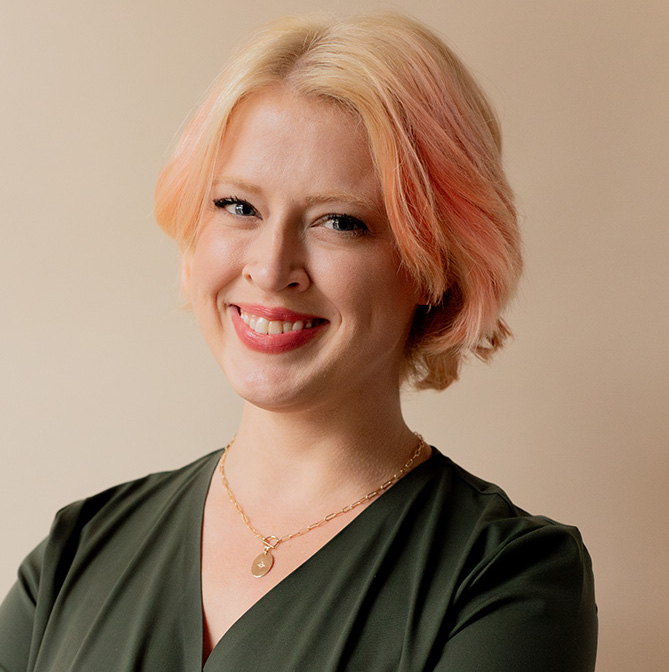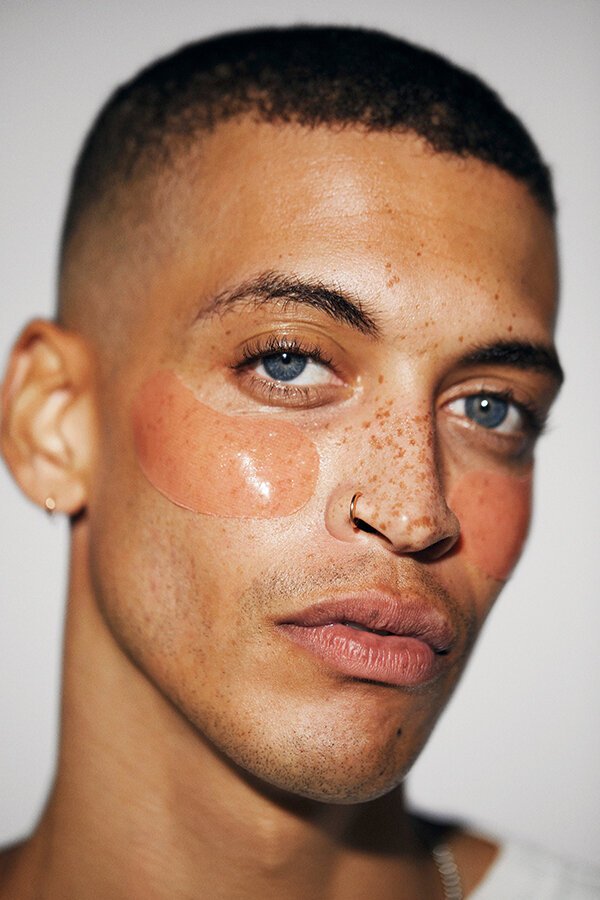
Why Are You So Hard On Yourself?
Some days, everything feels like failure. Things spiral, and with each less-than-perfect moment you feel the failure even more — until you’re crying about slightly overcooked pasta.
I’ve been there, more recently than I’d like to admit. And if you have, too, let’s get through this together. Let’s find a mirror, look ourselves in the eye, and say: “I have been hard on myself.” Do you feel that sense of avoidance and negation? Like what you just said is not true enough? I feel it as well.
For years, I told myself I wasn’t good enough. It was a negative affirmation that sat like a terrible, heavy medallion on my chest, making it difficult to breathe. I believed I was insufferable, that my humor was only tolerable in fleeting moments — I was convinced I was no good. I judged my every interaction as harshly as I could. I spoke up less, and wrote more in the quiet solitude of my room. I believed if I could “fix” myself, then I would be worthy of holding my own place in conversation with others.
But I was wrong. And I think you, too, are wrong about the ways you judge yourself.
“We punish ourselves for punishing ourselves. Like using fire to quell fire; it doesn’t work.”
Sometimes, we want deeper explanations for why people interrupt, criticize, or joke about every misspoken word we say. Instead of holding higher standards for other people in our lives, we turn inwards and blame ourselves.
We do this, you and I — we believe the work and the fault lie within us, rather than in the people and institutions that convinced us we’re broken to begin with. Then, when we realize we’re stuck in these thought patterns, we punish ourselves for punishing ourselves. Like using fire to quell fire; it doesn’t work.
I want to tell you to stop, to lighten the burden you’ve placed on yourself, but I know firsthand it’s never that simple. When we believe we’re broken, that we’re bad, we overcompensate by being hard on ourselves at every turn. Instead of allowing mistakes to creep through, we harden as much as we can, believing if we can be perfect, then we can be safe from the pain of failure.
But neurophysiological research has shown that self-criticism actually inhibits us and affects our brains’ error processing capabilities, while self-reassurance triggers our empathy and compassion. Our relentlessly harsh standards do not keep us safe from failing — we’re only failing to be a safe place for ourselves.
Maybe we’ve experienced traumatic consequences of failure, or we’ve known praise and love only come if we’re successful. Maybe we’re hard on ourselves as a way to protect ourselves or mask neurodivergence, anxiety, or something else.
Or maybe we just never learned the secrets to self-compassion. The root of our self-criticism will look different for each of us at different points in our lives, and it’s one worth inquiring about. Here is what I try to ask myself when I’m stuck in self-denial: What is it that you are trying to prove, and to whom?
Are you trying to prove that you are worthy of love? That your voice is important and your experiences are valid? Are you trying to prove it to your boss? Your kids? Your partner? Maybe it’s even your own reflection in the mirror.
But what if everything we’ve tried so hard to prove to others has been true all along?
“What if everything we’ve tried so hard to prove to others has been true all along?”
You know the words you’ve needed to hear, even if you’ve never heard them. You understand that your heart deserves a safe haven, even if you’ve only known the opposite. You and I know how to take care of ourselves, even if we’ve felt unworthy of care all along. Those truths are what we need to return to, even if it’s over and over again, even if it’s a lifelong process.
Maybe there’s a safe moment, when our self-critic is sleeping, that we can crack ourselves open and find our shape again. It’s not our self-criticism that makes us who we are, so remember who you are when you are soft. Maybe you have tools to help you, like therapy or thoughtful community, or maybe you’re winging it by reading internet articles and watching TikTok. Embrace whatever helps your inner voice speak more kindly, and trust that you know better than anyone else how to protect yourself.
And if you’re still struggling to look your reflection in the eye and admit you’ve been hard on yourself, or accept that you’re deserving of kindness, that’s okay too. We’re human and we go through seasons (sometimes they seem especially long). I’ve rarely met someone who values themself like the treasure they are 100 percent of the time. Some days, the best we can do is meet our hurtful thoughts with a simple “It is okay” or “This is just how I feel.”
Those are the days I imagine myself as a tiny kitten stranded on the roadside, and try to usher myself to safety as softly as I can. Some days are more graceful than others, and some days I just can’t shake the idea that I am still, somehow, failing.
Success and achievement are not requirements in this life. The only requirement is that you are alive until you are not, and with the hope that you’ll be kind along the way.
And that includes being kind to yourself, my friend.
“Success and achievement are not requirements in this life. The only requirement is that you are alive until you are not, and with the hope that you’ll be kind along the way.”
Emily McGowan is the Editorial Director at The Good Trade. She studied Creative Writing and Business at Indiana University, and has over ten years of experience as a writer and editor in sustainability and lifestyle spaces. Since 2017, she’s been discovering and reviewing the top sustainable home, fashion, beauty, and wellness products so readers can make their most informed decisions. Her editorial work has been recognized by major publications like The New York Times and BBC Worklife. You can usually find her in her colorful Los Angeles apartment journaling, caring for her rabbits and cat, or gaming. Say hi on Instagram!




